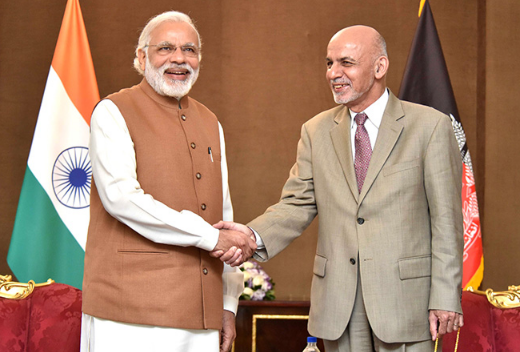For India, the paradox of the unfolding situation in Afghanistan is stark — and geopolitically painful. Few countries are as deeply affected by developments in Afghanistan as India. There is geographical proximity; there is the ideological outlook of the Taliban and its close association with Pakistan’s Inter-Services Intelligence (ISI); there is the history of Afghanistan having been used to stir up instability in India, with groups and radical Islamists on both sides of the Durand Line responsible for terror attacks on Indian soil, especially in Kashmir through the 1990s. And there is the experience of having seen what an unfriendly regime in Kabul can do — most visibly, in 1999, when IC-814 was hijacked and then flown to Kandahar, under sympathetic ISI-Taliban gaze, forcing India to give up terrorists who continue to engage in terror and destruction two decades later.
Read More: The 2 points China refuses to vacate
India recognises the new reality, and has a seat on the table. But it is acutely conscious, as Chief of Defence Staff Bipin Rawat said at the Raisina Dialogue, that US withdrawal could lead to a vacuum, filled by disruptors. The disruptors, the Taliban internally and Pakistan externally, will become decisive players in Kabul — with a fair degree of backing from China and Russia, as the US retreats even more and the current Afghan government struggles to retain its legitimacy and power. India can sound the warning bells, but has to deal with reality as it exists. To begin with, this will require narrowing down its interests to a core principle — there must be no security threat to Indian interests if the Taliban comes to power. But conveying this message only to external interlocutors won’t suffice. Delhi now needs to formally talk to the Taliban, and leverage its equity in Afghanistan — influence with the elite and popularity with the people — to drive home the message that the Afghanistan of 2020s must not be the Afghanistan of 1990s.




